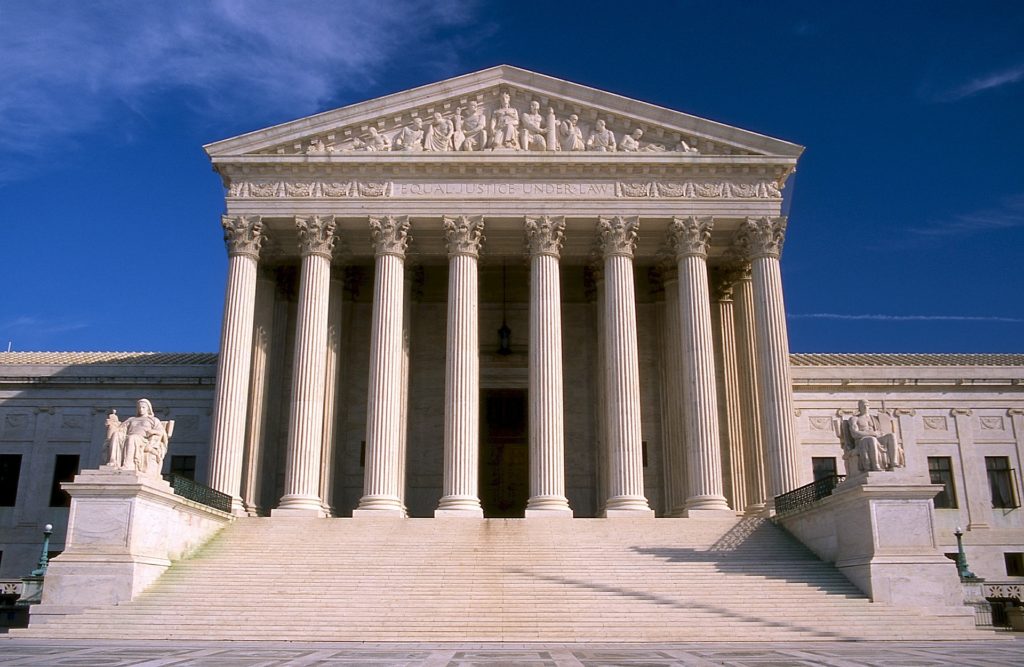“Today is the day, God brings new to the poor, proclaims release to the captives, gives sight to the blind, and sets the oppressed free. And so shall we.”
This gripping quote is the last line of the litany for the United Methodist Social Creed from the Book of Resolutions. The language in the litany is absolutely gorgeous, and in a prophetic voice, it exhorts us both as individuals and as a society to tirelessly pursue this future reality. In its traditional call and response format, the litany demands that its constituents speak truth to power. It refutes passivity and demands action.
After working with the United Methodist General Board of Church and Society this week, I was introduced to this litany and to several amazing people who are living out this call and working to make this litany a present reality. The General Board of Church and Society has no problem ensuring that they are submerged in the happenings of the world outside the walls of the church. Housed in the Methodist Building with other powerful faith-based advocacy voices, GBCS is located adjacent to the Supreme Court building and directly behind the Senate office buildings. They’re intentionally located in a highly political environment, and their work acknowledges that in order for the words of the litany to become actuality, the church must involve itself in the provocative climate of politics.

This week, throughout much of my work, I was struck by the complexity and the immensity of our current political situation. Up until this point I had not been allowing myself to zoom out of the issues and topics that I was directly involved with in order to recognize the larger picture. The scope of reality hit me full force this week. I suppose that happens when the blinders of privilege are taken off for a second. As a person who checks virtually all of the boxes of privilege, I am often guilty of living in complacency or even ignorance. I often find myself hiding behind either a focus so narrow that I am unable to see the vast reality of the situation or a focus that’s so broad it dilutes the harrowing actuality. As this week trudged on, I often thought about this closing line from the litany. I thought about the morass of political brokenness that I was witnessing and it made me wonder whether it’s always been like this. I wonder whether the litany’s author felt a similar sense of helplessness when he looked at the brokenness of the world. I wonder if the prophets of the Old Testament experienced something similar as they wrote their lamentations, prophecies, and psalms. I wonder whether they saw the poor who needed good news, the captives who wanted release, the oppressed who needed be freed, in the same way that we do. I wonder if the feelings that haunt me today are like those that have haunted the people who came before. I wonder how much we, as a society, have been hiding behind the blinders of privilege. Whether this cacophony has dulled to a drone or our particular symphony is just extremely out of tune, action is required to produce the beautiful harmony that we are capable of. But how exactly might this look?
Outside the United Methodist building, less than a couple hundred feet from the Supreme Court of the United States, there is a beautiful little sign that reads, “Do justice. Love mercy. Walk Humbly.” This sign faces the US Capitol Building and points more or less in the direction of the Supreme Court. It’s a small beacon reminding its surrounding environment in an elusively simple tune to do what is required of them. It is a tuner that resoundingly guides to answer the question above. What must one do to achieve this harmony? Do justice. Love mercy. Walk humbly. As I passed this sign every morning this week, I was always struck by its eloquent simplicity. As a person of privilege, it’s easy to see the world through a filter. It’s almost as if I don’t have to confront the brokenness of the world because in most cases it doesn’t directly or explicitly affect me. The first part of this beautiful saying pushes against this. In using the active form of the verb ‘do,’ it challenges my complacency and pushes me to go and make justice happen. This doesn’t mean adopting a white savior complex: not only are we, as people regardless of who we are or where we come from, required to do justice; we are also, no matter who we are or where we come from, required to walk humbly. If we are to make the litany a present reality and hear the full tune of creation, we must do justice, love mercy, and walk humbly in everything we do.
